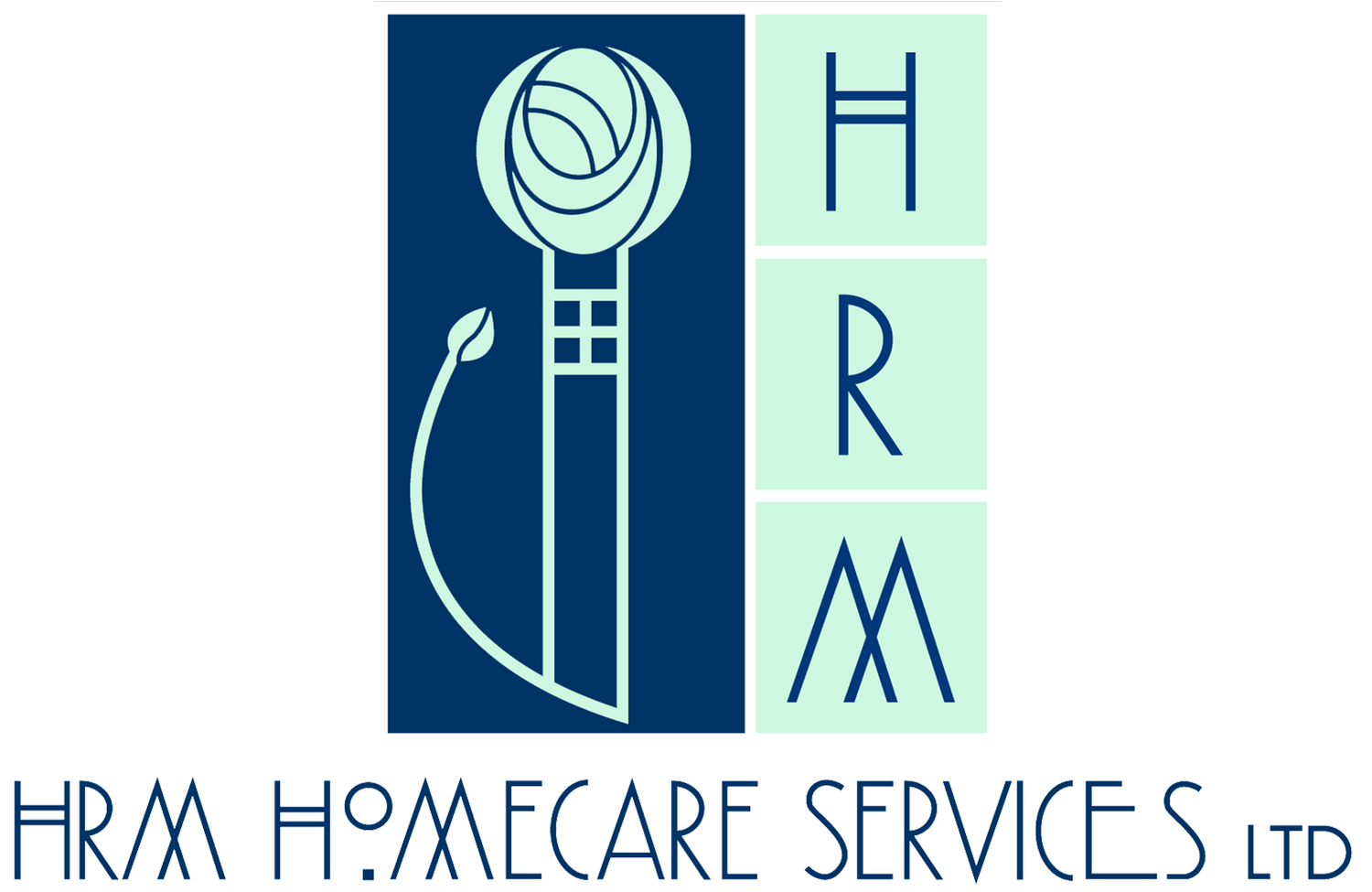Spotting the early signs of Alzheimer's
Alzheimer’s Disease is a neurodegenerative disease that leads to symptoms of dementia. It touches the lives of so many people in Scotland and the UK today. HRM Homecare focuses on how to help those with Alzheimer’s live well in their own homes. But what about those whose love ones are looking increasingly frail, but have not been diagnosed as sufferers. How can you tell whether it is a treatable condition that’s affecting them, or early stage Alzheimer’s?
According to the Alzheimer’s Society, here are some warning signals that you should look out for:
Memory loss that affects day-to-day abilities
If your relative not only forgets details they’ve very recently been told, but also more commonly needs to rely on reminder notes, or repeatedly asks the same questions over things they used to handle every day on their own.
Difficulties with planning or performing tasks
People with early stage symptoms can start to regularly struggle with following instructions, or dealing with numbers. This could be issues with cooking a recipe that usually is done easily, or failing to keep track of bills or direct debits.
Problems speaking or writing
You may notice that a relative may have trouble following your conversation, or stop midstream and then totally lose track. They may get their words all jumbled up, or struggle to find the right word more and more often.
Trouble with balance or disorientation
If people start to suffer problems with their vision, regularly lose their balance or have trouble reading. They can struggle to judge the distance between things, or have issues with colours or contrast.
Regularly misplace things
Sufferers may start to lose things, then find that they cannot retrace their steps properly to find them again. They may also claim that their items have been stolen – this is more prevalent as conditions worsen.
Worsening judgement
You may notice that your relative may start making what you consider are really poor decisions e.g. when dealing with money. They might also start to not care for themselves as well as they used to, for instance in keeping themselves clean.
Becoming more withdrawn
This can be noticeable especially among people who were previously very outgoing, and had lots of friends. They may start withdrawing from social activities, not keeping up with engagements, or not going to classes and hobbies like they previously did. They may also voice disinterest in seeing friends or loved ones that previously they doted on.
Change in mood/personality
Sufferers can appear confused, suspicious, far more easily upset by things, or fearful and anxious. This can especially be the case when their normal routine is thrown off course.
Time and date confusion
Symptoms can include having trouble with the passage of time, losing track of dates, and getting confused about what day of the week it is. They may also have trouble understanding why something is not happening right away, when it’s still a few days off.
Not taking initiative
Your relative, who previously had no trouble with motivation, may start to lose interest in what was previously highly important to them – a clean house, doing their books, and may require visual prompts to get them to remember to do things.
If any of the above are worrying you, then here’s what you should do:
Get an early diagnosis
Alzheimer’s diagnosed early helps both the sufferer and their family members to learn what they’re up against, and plan how to handle future – i.e. getting the necessary specialist support in place.
Go to the GP
Get an official assessment from the doctor. It could be that your loved one may not have Alzheimer’s and that it could be a different, treatable condition. If it is Alzheimer’s they can set the process in motion to get the specialist support that’s needed.
Take advantage of resources
Both you and your love one can benefit from local Alzheimer Society information, support and programmes that can help you learn how to live well with the disease. If you understand what you're facing and the challenges that come with it, then you are better able to support yourself and get the help that’s needed.
